In this journal article, we draw findings and insights from the VCP’s decade-long monitoring of media and social media and its related research efforts.


In this journal article, we draw findings and insights from the VCP’s decade-long monitoring of media and social media and its related research efforts.

This article argues that increased efforts should be placed on developing mechanisms for sharing lessons learnt about strategies that have successfully increased confidence in vaccination in Europe and globally.

The aim of this study was to identify the methods most commonly used for monitoring vaccination-related topics on different social media platforms.
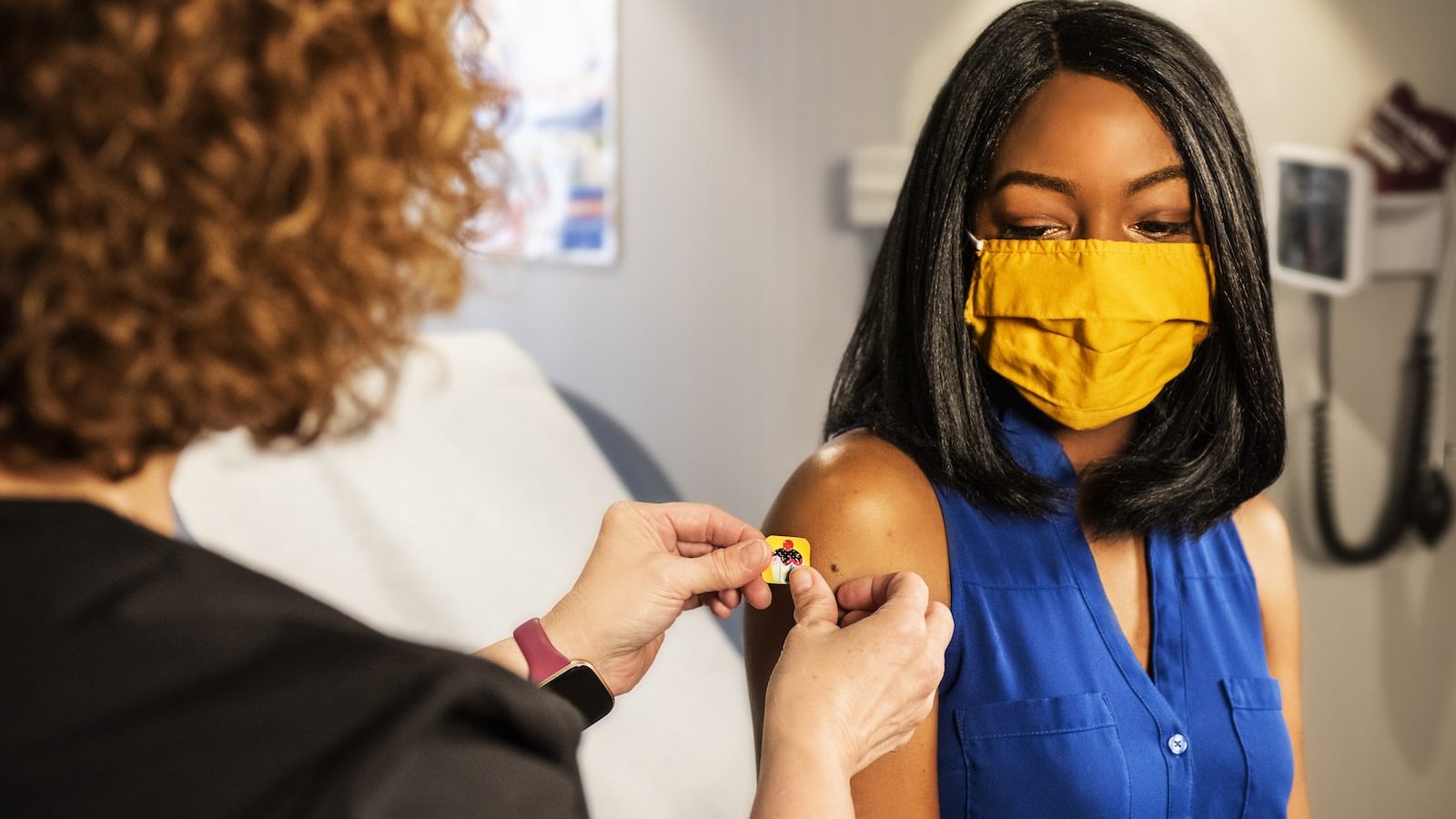
The aim of this qualitative study was to provide an in-depth exploration and comparison of French mothers and adolescent girls’ perceptions of the risks and benefits of HPV vaccination.
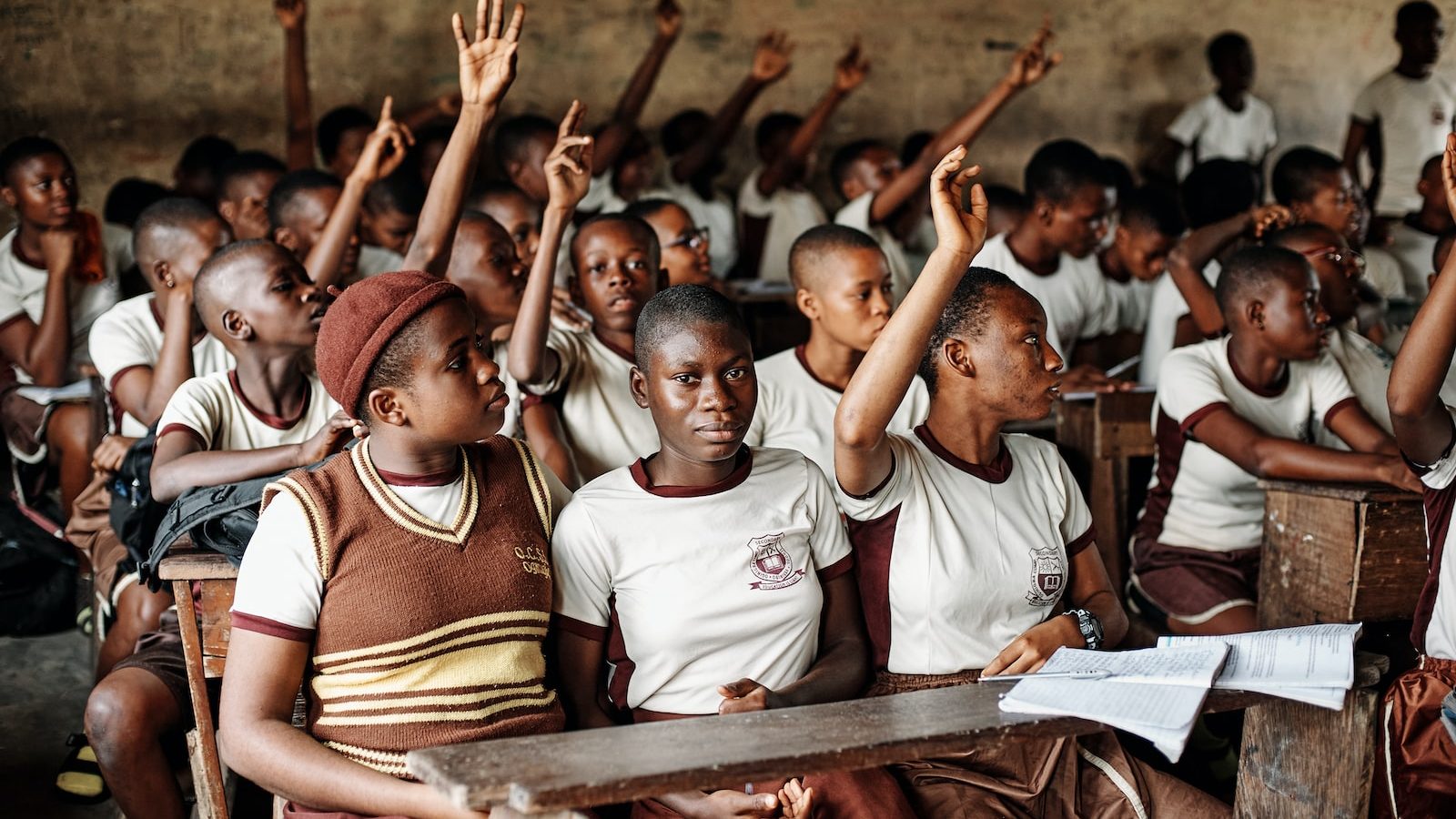
In this study, we explore how intent to receive a COVID-19 vaccine evolved in Nigeria (both nationally and sub-nationally) between March 2021 (when the first vaccines were administered to healthcare workers) and October 2021.
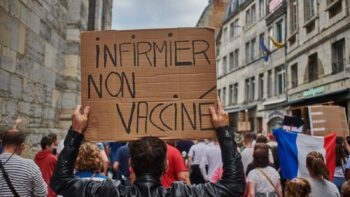
We conducted a large-scale national survey in the UK of 17,611 adults between 9 and 27 April 2021. Bayesian multilevel regression and poststratification is used to provide unbiased national-level estimates of the impact of the introduction of vaccine passports on inclination to accept COVID-19 vaccines.
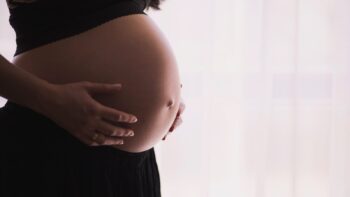
This paper presents findings from qualitative research investigating global attitudes towards maternal vaccination among pregnant women, conducted in five European countries.
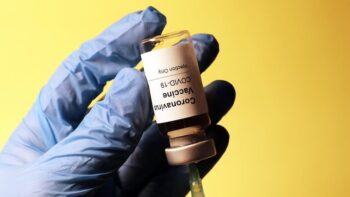
Between October 31, 2020 and December 15, 2020, 26,759 individuals were surveyed across 32 countries via nationally representative survey designs.

The objective of this study was to identify pregnant women’s views and attitudes towards maternal immunisation in Panama based on in-depth interviews and focus groups.

Maternal immunisation is key to protecting maternal and newborn health. We interviewed pregnant women in Brazil to identify barriers to and enablers of maternal immunisation in the country.

This mixed-method study aimed to explore the perceptions, confidence levels and decision-making practices…

This qualitative study explored trust, views, and…